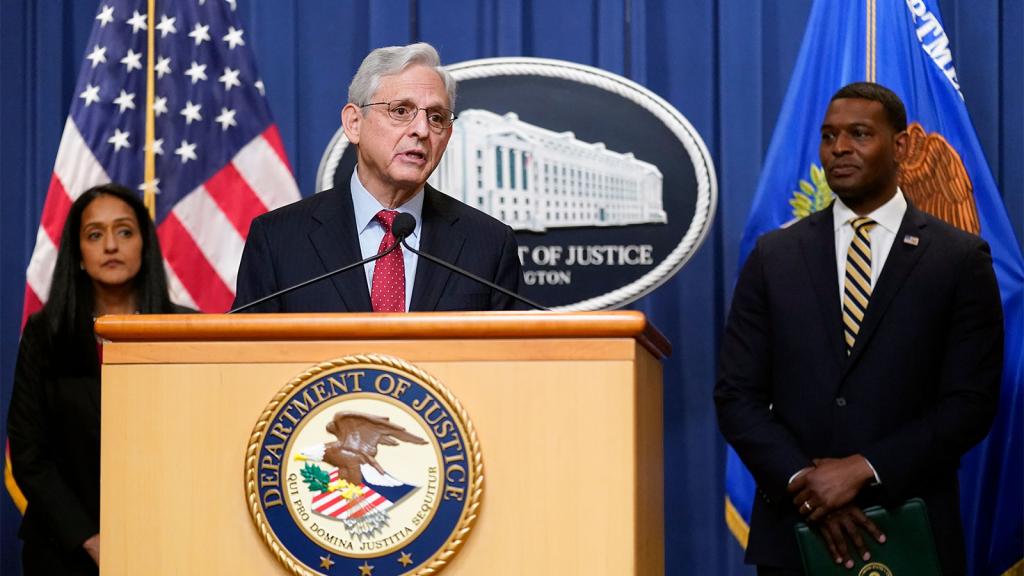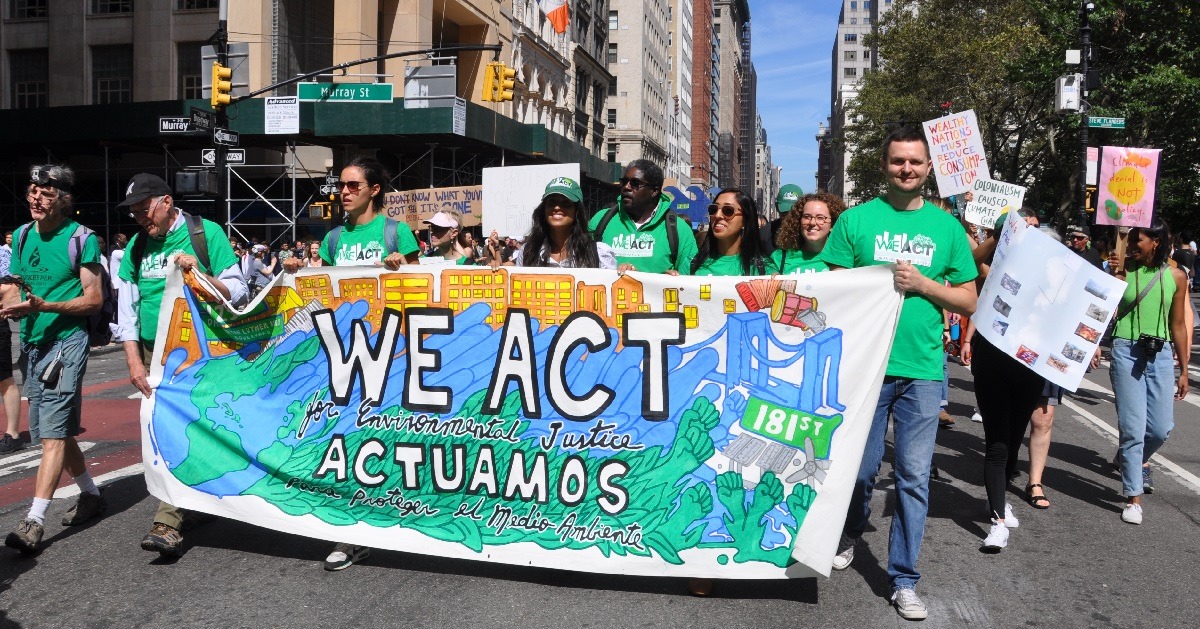Industry will no longer be able to build polluting facilities like power plants, warehouses, and garbage dumps in communities that already have more than their fair share of environmental contamination, according to a bill passed by the New York state legislature the last week of April. Once the bill is signed into law, New York will join New Jersey, which passed a similar law in 2020, as the two states with the most ambitious environmental justice protections in the country.
The New York law will require that the state’s Department of Environmental Conservation take a hard look at the cumulative pollution burden that a neighborhood would face before granting any permits for facilities in that community. That, in and of itself, is not unique — last month the Biden administration restored part of the National Environmental Policy Act to require federal agencies to consider the cumulative impacts of their actions and several states have similar rules.
But the New York legislation goes further by prohibiting the state agency from carrying out any actions or approving any permits that might cause or contribute to a “disproportionate or inequitable” pollution burden on communities that have a large percentage of minority or low-income residents, are economically distressed, or already experience high rates of pollution.
“If you want to do a project or proposed action in these communities, you’re going to have to damn well prove that it’s not going to exacerbate existing harms,” explained Anthony Rogers-Wright, director of environmental justice for New York Lawyers for the Public Interest.
“It’s a huge victory,” said Arif Ullah, executive director of South Bronx Unite. New York City has one of the country’s highest rates of hospitalizations and deaths due to asthma among children and young adults, and people in the South Bronx have been hit particularly hard by air pollution from gas-burning peaker power plants (which kick on when electricity demand is high), garbage transfer stations, warehouses, and major expressways. The legislation means “that we will begin to see the end of the viciously racist practice of siting polluting facilities in communities like ours,” said Ullah.
A version of the bill passed on April 27 was first introduced in the New York state legislature in the 1990s. For decades, it’s been well-understood that the government allowed polluting facilities to be built in communities of color and low-income communities due to racist zoning laws and their historic lack of political sway. “This problem of inequitable siting is one of the main issues that started the environmental justice movement in the first place,” said Sonal Jessel, director of policy for We Act for Environmental Justice.
“What we’re doing here is saying, ‘Enough,’” she said. “It’s time to make sure that the communities that have been dealing with this vulnerability for so long have some protection embedded in the law.”
Several things must still happen before the law goes into effect. First, Governor Kathy Hochul must sign it. Next, the Department of Environmental Conservation must craft rules incorporating the law into their procedures. A lot will be riding on how the agency interprets what a “disproportionate and inequitable pollution burden” is.
Still, the coalition of environmental justice groups that spent the better part of a year lobbying for the law did take a moment to celebrate. “Fermented beverages were imbibed, but with the understanding that this is just the beginning,” said Rogers-Wright.
When grassroots organizations in New Jersey succeeded in pushing the state to adopt what many called the “holy grail” of environmental justice bills two years ago, they hoped the groundbreaking law would serve as a model for other states. “We’re hoping that with New York and New Jersey passing this legislation, it will inspire other states to do the same,” said Ullah.



